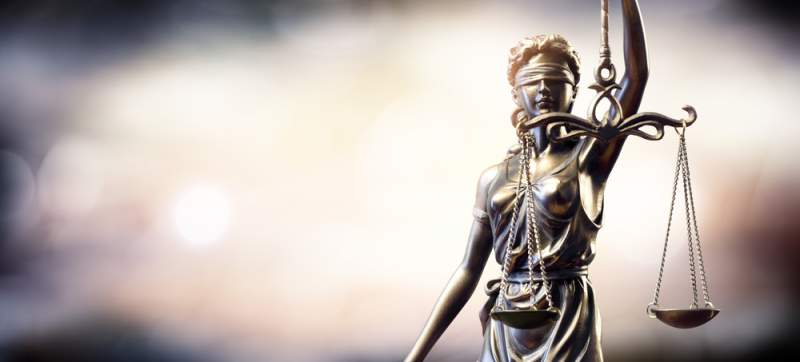Contents
Does the Legal System Seek Truth, Fairness, Or Justice?
Many people (both lay and lawyers) think of law as an oracle of fairness, justice, and truth. The famous phrase “And the truth shall set you free.” by Martin Luther King, Jr comes to mind. Some people think their own beliefs and aspirations about the way things should be are the fair, correct, and true way of looking at the situation. So since their beliefs are right, and the law is or should be right, then the law is or should be on their side.
The problem is that people don’t agree on what is fair, just, or correct; there often is no one right answer; legislatures and government agencies often have their own views, often influenced by the people who helped get them elected or their own causes and beliefs. Caselaw will be heavily influenced by the circumstances surrounding the cases it is based on and what arguments or issues counsel chose to emphasize in those cases. Righteous clients can be disappointed when the law does not do what they want it to, or when pursuing a case is infeasible due to obstacles like cost or lack of proof.
No Duty to Seek Truth in Current System
 Law is an adversarial system, and, except for criminal prosecutors, attorneys have no duty to help the court seek the truth. One Supreme Court decision noted that defense attorneys have no duty to seek the truth. Instead, under the current view of legal ethics, they have a duty to do what’s best for the client, including doing anything legal to help conceal the truth.
Law is an adversarial system, and, except for criminal prosecutors, attorneys have no duty to help the court seek the truth. One Supreme Court decision noted that defense attorneys have no duty to seek the truth. Instead, under the current view of legal ethics, they have a duty to do what’s best for the client, including doing anything legal to help conceal the truth.
Some commentators have proposed that lawyers should make available all relevant facts to opposing counsel, including ones that hurt their case. Under that view, the lawyer would still argue why, even given these facts, his client should still prevail. This view was proposed in an early draft of the ABA’s Model Rules of Professional Conduct in the late 1970’s, but was not adopted. Under current rules, only criminal prosecutors have a duty to make exculpatory information available to the defense even though it may hurt their case. MRPC 3.8(d).
Lawyers who have a strong sense of justice may be frustrated by the antics from the other side, or by what they are asked to do by their clients. A lawyer will only work for fairness or justice when those interests happen to coincide with what the client wants. One side will typically have better knowledge of actual facts and better experts than the other. The side that has more resources will thus have an advantage in preparing a persuasive case.
Private Settlement Agreements
The vast majority of cases are settled; the focus is not so much on finding the truth, but on resolving disputes. There is nothing inherently wrong about settlements – they save the parties the time, money, and bitterness of litigation.
Settlements in civil litigation are often kept private. They sometimes include a confidentiality agreement preventing any of the attorneys or parties to the settlement from discussing it. So even when the lawyer uncovers harmful conduct, like harmful products on the market or a disreputable businessmen, he sometimes can’t warn others. For example, when certain church priests were accused of sexually abusing young boys, the initial settlements required the parties to keep the abuse confidential. It is believed that some of these priests later abused other children. Some states now prohibit or won’t enforce confidentiality requirements in certain settlements to protect the public.
